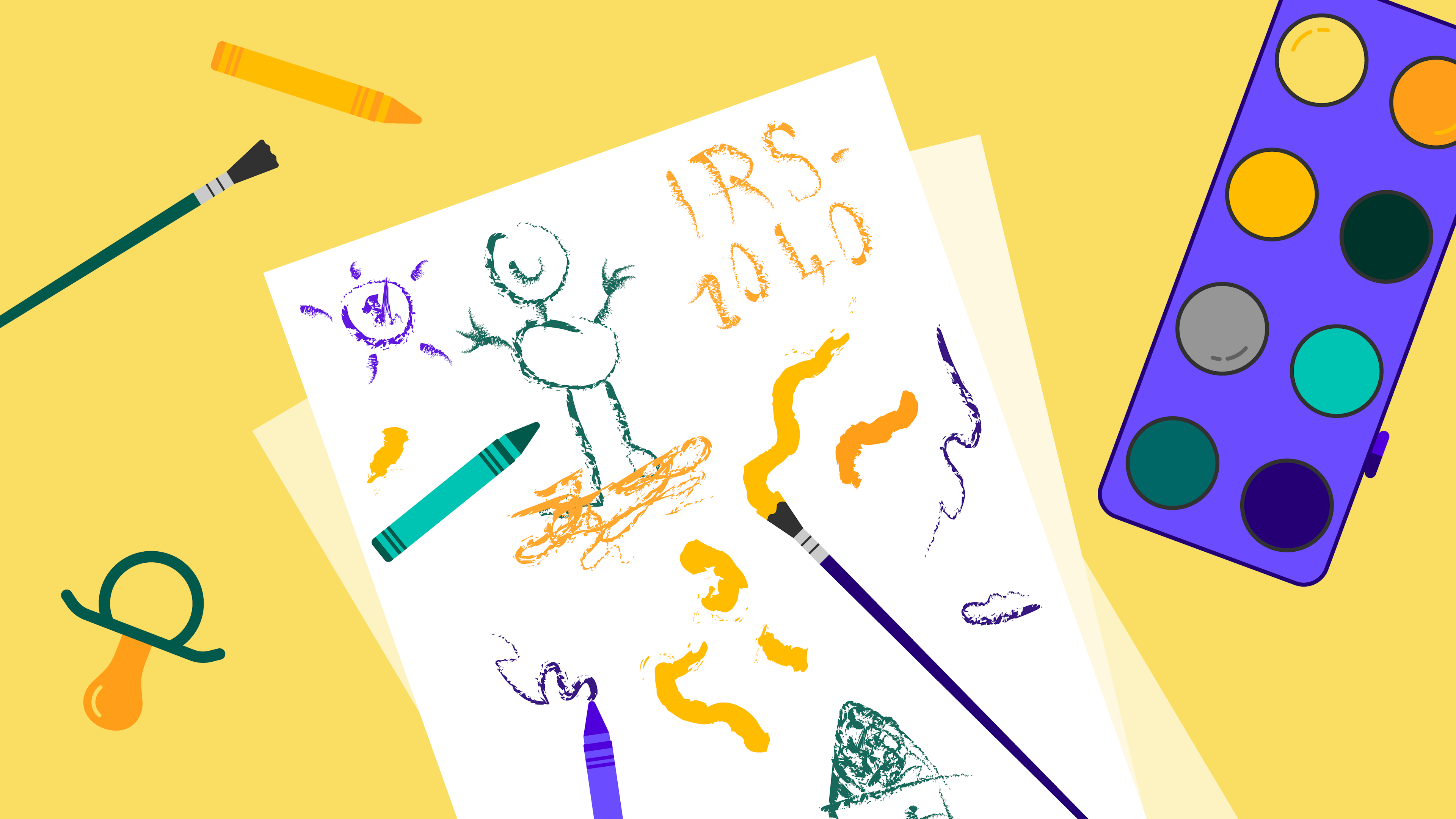The Story
Having a baby adds a lot to your plate...and budget. But they can subtract some things from your tax bill.
I like where this is going.
First things first: if you’re a full-time employee, update your W-4 as soon as your little one is born. Adding a new dependent lowers the amount of income your boss withholds. Effectively raising your take-home pay.
Related: Breaking Down Your Paystub
Paging HR now. What else?
You might be able to claim the child tax credit for each dependent under the age of 17, too. Reminder: tax credit = an amount you can subtract from the taxes you owe because you did something the gov likes. Basically the MVP of tax season.
For the 2018 tax year, you can claim up to $2,000 per kid. And $1,400 of that is refundable. Meaning you can cash in no matter how little you owe in taxes. If you owe zero taxes and qualify, you’d get a $1,400 refund.
Yes, please.
But wait. There’s more. You can also get a break on child care costs, which tend to get preeetty expensive. There are two options:
Stock a dependent care FSA. If your job offers it, you can set aside up to $5,000 in pre-tax money to cover daycare, preschool, and nanny bills.
Take the child care tax credit. And get 20-35% back on up to $3,000 worth of care costs for one kid...or up to $6,000 for multiple.
Related: Health Insurance Terms to Know
Psst...eligibility and qualifying expenses are the same, but you can’t double dip.
So which one’s better?
The FSA usually provides a bigger benefit, but that isn't true for everyone. Crunch the numbers to see which move would save you more.
You can also take advantage of both...if you have at least two kids, get a dependent-care FSA through work, and spent more than $6,000 on childcare for the year. In that case, you could put all $5,000 in the FSA, then claim the credit for $1,000 worth of child care costs.
I think I get it. Anything else?
If you (or anyone else) want to chip in for your kid’s education, yes. Because as soon as your baby has a social security number, you can open a 529 plan. That’s an investment account where your cash money grows tax-free.
Most states offer tax deductions or credits for contributions, and you generally won’t owe taxes on withdrawals – so long as the money’s used for things like tuition, books, and room and board.
Related: The Best Investment Account for Every Goal
theSkimm
Having kids may be one of the hardest – and most expensive – things you ever do. But you will get hugs, cute IG photos, and tax savings out of it. Not a bad deal.
Subscribe to Skimm Money
Your source for the biggest financial headlines and trends, and how they affect your wallet.






